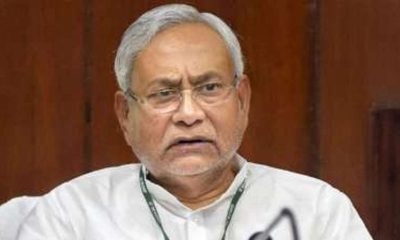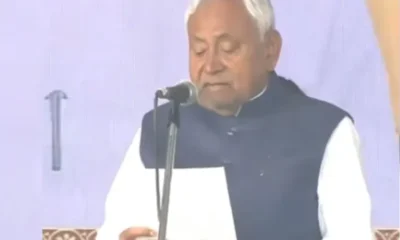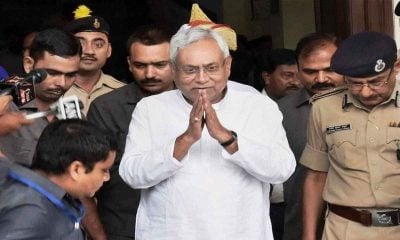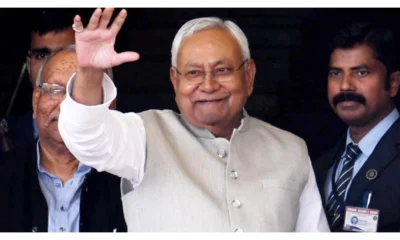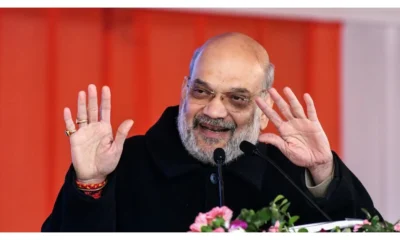India News
Nitish Kumar’s JD(U) withdraws support to BJP-ruled government in Manipur
The BJP currently holds a commanding majority in the 60-member assembly, with 37 MLAs of its own, supplemented by five MLAs from the Naga People’s Front and three independents.
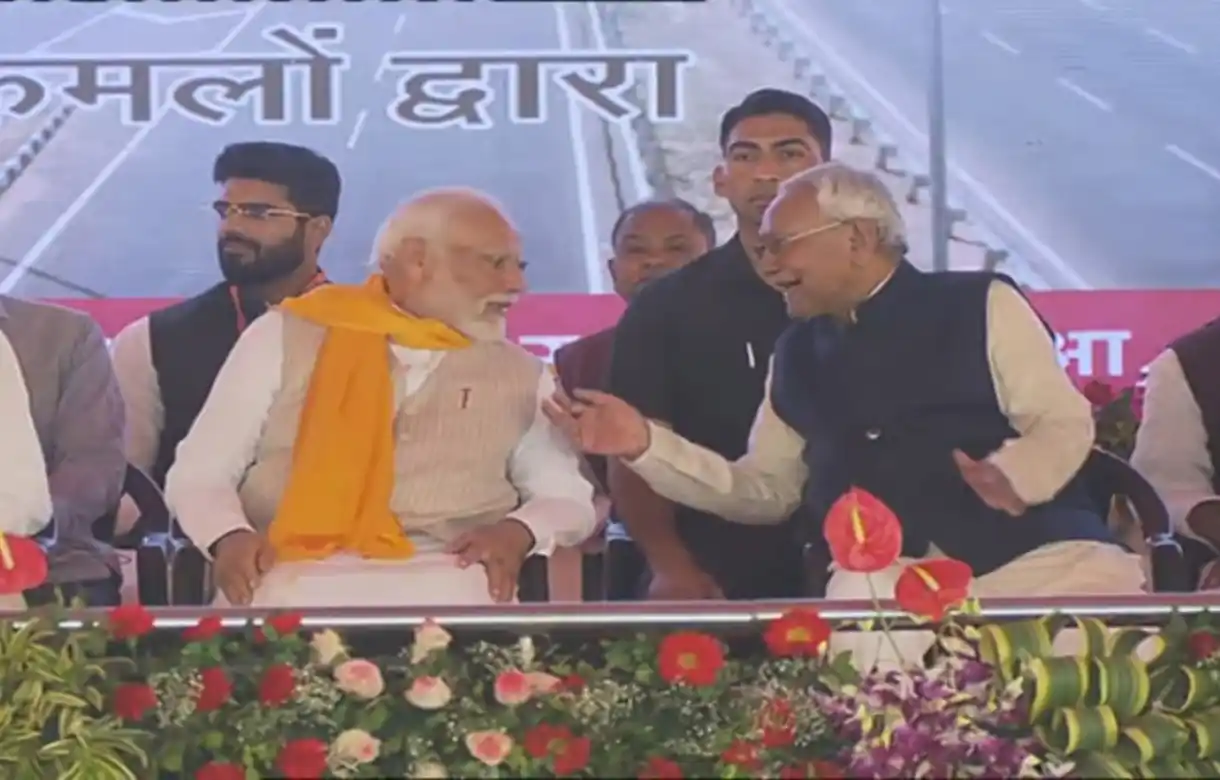
India News
JNU protest turns violent as Left and Right student groups trade charges
A late-night protest at JNU turned violent as Left and ABVP student groups accused each other of stone-throwing and attacks near the East Gate.
India News
World praised India’s AI potential at AI Impact Summit, says PM Modi
PM Modi said the world praised India’s AI potential at the AI Impact Summit 2026, where 89 countries endorsed the New Delhi Declaration on artificial intelligence.
India News
Devendra Fadnavis seeks CBI probe into Ajit Pawar plane crash
Maharashtra Chief Minister Devendra Fadnavis has requested a CBI investigation into the plane crash that killed Deputy CM Ajit Pawar, alongside ongoing DGCA and CID probes.
-

 India News4 hours ago
India News4 hours agoJNU protest turns violent as Left and Right student groups trade charges
-

 India News5 hours ago
India News5 hours agoDevendra Fadnavis seeks CBI probe into Ajit Pawar plane crash
-

 LATEST SPORTS NEWS4 hours ago
LATEST SPORTS NEWS4 hours agoICC Men’s T20 World Cup 2026: South Africa outclass India with smart slower-ball strategy in Super 8
-

 India News4 hours ago
India News4 hours agoWorld praised India’s AI potential at AI Impact Summit, says PM Modi

